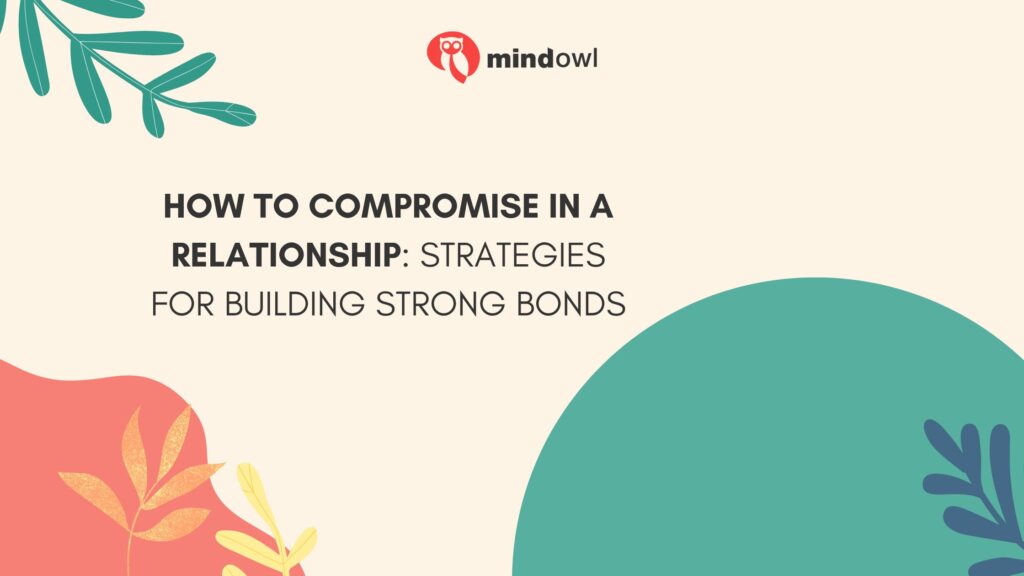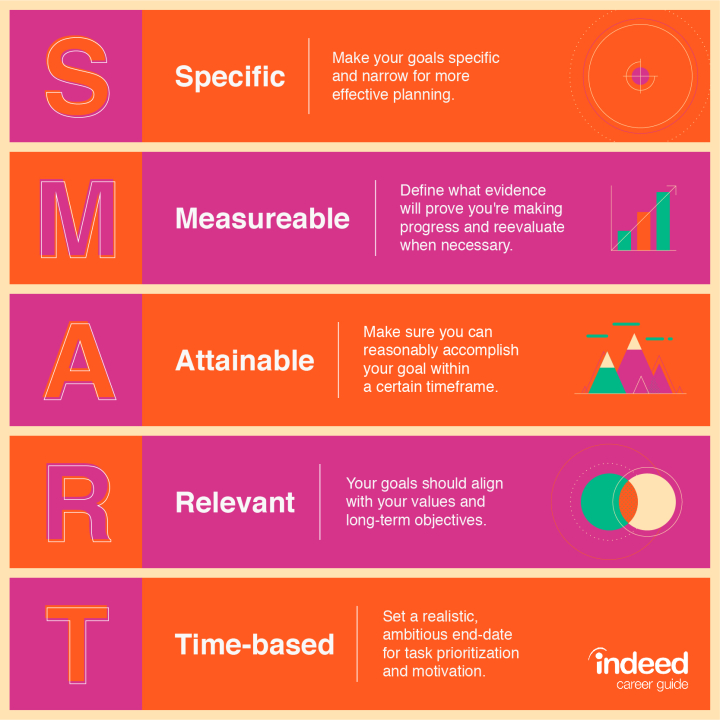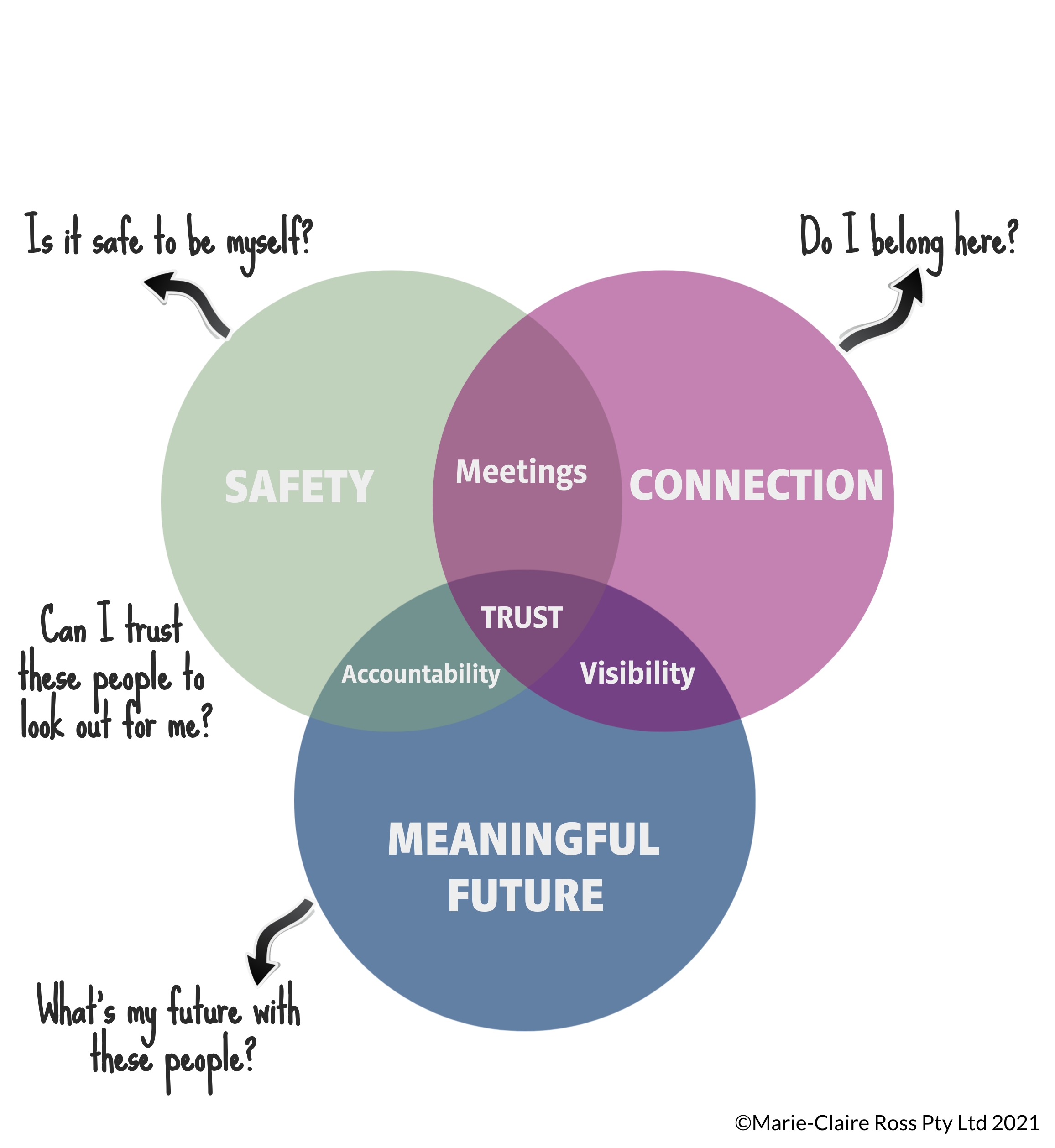Understanding the Importance of Communication About the Future
Why Discussing the Future is Vital in a Relationship
Discussing the future in a relationship is crucial for establishing shared dreams and expectations. It helps partners align their life paths and avoid misunderstandings that could lead to conflict. For instance, a couple that openly discusses where they see themselves in five or ten years can make informed decisions today that support their collective vision.
Benefits of Open Communication About Future Goals
Open communication about future goals fosters a deeper connection. Here are some key benefits:
- Clarifies expectations: Understanding what each person wants helps prevent misunderstandings.
- Strengthens trust: Sharing aspirations encourages vulnerability and trustworthiness.
- Enhances collaboration: Couples are more likely to work together on shared projects and goals.
- Boosts emotional intimacy: Sharing dreams brings partners closer, creating a stronger bond.
By creating an environment where both partners feel safe discussing their aspirations, relationships can flourish.

Starting the Conversation
Finding the Right Time and Place
Initiating a conversation about the future requires careful consideration of timing and environment. Picking the right moment can set the stage for a productive discussion. For instance, a calm evening at home, away from distractions, is much more conducive than a busy, stressful day at work.
Here are some tips to find the perfect setting:
- Choose a quiet location: Opt for a comfortable place, such as a favorite café or a peaceful park.
- Timing matters: Look for a moment when neither partner is rushed or stressed.
- Avoid distractions: Put away phones and turn off the TV to ensure focused communication.
Setting a Positive Tone for the Discussion
Once the right time and place are secured, it’s essential to create a positive atmosphere. Starting on a good note can enhance the conversation significantly. A personal example could be sharing a fond memory that aligns with your aspirations.
To set a positive tone:
- Express appreciation: Begin by acknowledging what you value in your partner and your relationship.
- Use “I” statements: This helps to convey feelings without placing blame. For example, “I feel excited about our future together.”
- Stay open-minded: Be prepared to listen actively and validate your partner’s feelings and thoughts.
Creating a supportive environment paves the way for an open, honest discussion about the future, laying the groundwork for mutual understanding.

Exploring Shared Goals and Values
Identifying Individual and Mutual Aspirations
Once the conversation is underway, it’s essential to delve into individual and mutual aspirations. This exploration allows partners to understand each other’s dreams intimately. For instance, one may aspire to travel the world, while the other might prioritize building a career. Creating a list of personal ambitions can reveal overlaps.
To identify these aspirations:
- Share your dreams: Each partner should take turns expressing their personal goals.
- Use prompts: Questions like, “Where do you see yourself in five years?” can spark meaningful dialogue.
- Make it visual: Consider creating a vision board to showcase dreams and goals.
Aligning Values and Priorities for a Unified Future
After outlining individual aspirations, it’s time to align those with collective values and priorities. For example, if both partners value family deeply, planning for a family-oriented future becomes a shared objective.
To enhance this alignment:
- Discuss core values: Identify and discuss what values are most important, such as integrity, adventure, or stability.
- Prioritize goals: Collaborate to determine which aspirations should be prioritized based on timing and feasibility.
- Set shared objectives: Agree on specific, tangible goals that reflect both partners’ dreams.
By understanding and aligning aspirations and values, couples lay a strong foundation for a united future, ensuring that both individuals feel heard and valued.

Handling Differences and Compromises
Managing Conflicts in Future Plans
As partners explore shared goals, they may encounter differences in their visions for the future. It’s important to manage these conflicts constructively. For instance, if one partner dreams of relocating for adventure while the other prefers staying closer to family, acknowledging these contrasting desires is the first step.
Effective conflict management includes:
- Staying calm: Approach discussions with patience and an open mind.
- Listening actively: Give each other the space to express feelings without interruptions.
- Recognizing emotions: Understand that differences may evoke strong feelings; validating each other’s emotions can ease tensions.
Finding Middle Ground and Making Compromises
Once conflicts are identified, finding middle ground becomes essential. Compromise isn’t about one person winning; it’s about creating a solution that honors both partners’ needs. For example, if traveling is important for one while staying rooted is crucial for the other, they could agree on annual trips that satisfy both desires.
To facilitate compromise, consider the following:
- Brainstorm solutions: Collaboratively come up with options that incorporate elements from both sides.
- Prioritize flexibility: Be open to adjusting individual goals to fit together more harmoniously.
- Celebrate small wins: Acknowledge the efforts taken to find common ground, reinforcing a sense of partnership.
By navigating differences and making compromises gracefully, couples can strengthen their relationship and build a future that respects both partners’ dreams.

Setting Concrete Goals and Action Plans
Establishing Short-term and Long-term Objectives
After finding common ground, it’s time to set concrete goals. Establishing both short-term and long-term objectives provides a clear path forward. For instance, if a couple aims to buy a house, a short-term objective could be saving a specific amount each month, while a long-term goal may involve selecting the ideal neighborhood.
Here’s how to effectively set these objectives:
- Be Specific: Define what success looks like for each goal.
- Make them Measurable: Establish criteria to evaluate progress, like saving a percentage of income.
- Set Deadlines: Assign realistic timelines to keep motivation high.
Creating a Roadmap for Achieving Shared Goals
Once goals are defined, creating a roadmap is essential for success. This roadmap serves as a guide, breaking down larger objectives into actionable steps. For example, if the long-term goal is to start a family, steps might include savings plans, health checks, and discussing parenting styles.
To create an effective roadmap:
- Outline Step-by-Step Actions: Document the specific tasks needed to reach each goal.
- Assign Roles: Determine who is responsible for each task to promote accountability.
- Regular Check-ins: Schedule periodic reviews to assess progress, adjust plans, and celebrate milestones.
By establishing clear objectives and creating a structured roadmap together, couples can navigate their shared future with confidence and purpose.

Dealing with Uncertainty and Changes
Adapting to Life’s Unexpected Twists
Life is full of surprises, often diverting couples from their carefully laid plans. Embracing these unexpected twists allows partners to grow together. For example, a sudden job change might require relocating sooner than expected. Acknowledging these changes with an open mind can help create opportunities rather than obstacles.
To navigate these twists:
- Stay open-minded: Remind each other that flexibility can lead to positive outcomes.
- Communicate regularly: Discuss feelings about changes to reinforce understanding and solidarity.
- Focus on solutions: Instead of dwelling on the setback, brainstorm how to move forward effectively.
Being Flexible and Supportive During Transitions
Flexibility and support are essential assets during times of transition. When one partner faces challenges, the other’s encouragement can make all the difference. For instance, if one partner is pursuing a career change that involves further education, the other could provide both emotional support and practical help by sharing responsibilities at home.
To foster a supportive environment:
- Offer emotional reassurance: Simply being a listening ear can often ease anxiety.
- Reassess priorities together: As life changes, revisit your goals and adjust them to align with new circumstances.
- Celebrate adaptability: Recognize achievements in navigating change, no matter how small.
By adapting to uncertainties together and supporting each other through transitions, couples can strengthen their bonds and face the future with resilience.

Building Trust and Commitment
Strengthening Trust Through Honest Communication
Building trust is a cornerstone of any strong relationship, and it begins with honest communication. Sharing thoughts and feelings openly, even when difficult, fosters deeper connections. For instance, if one partner feels insecure about future plans, voicing those feelings can create an open dialogue that strengthens trust rather than erodes it.
To enhance trust through communication:
- Practice transparency: Share your thoughts and intentions honestly.
- Encourage vulnerability: Create a safe space where both partners can express fears without judgment.
- Validate feelings: Acknowledge each other’s emotions to demonstrate concern and understanding.
Solidifying Commitment to Each Other’s Futures
With trust established, solidifying commitment to each other’s futures becomes the next vital step. Committing involves actively supporting each other’s goals and dreams. For instance, if one partner aims for a promotion, the other can provide encouragement through practical support, like helping with preparations or celebrating small victories along the way.
To reinforce commitment:
- Set shared expectations: Define what commitment means for both partners, whether it’s emotional support or shared responsibilities.
- Regularly revisit goals: Keep the dialogue open about each other’s aspirations and progress.
- Celebrate milestones together: Acknowledging achievements fosters a sense of partnership and strengthens commitment.
By nurturing trust and commitment, couples cultivate a resilient relationship, paving the way for a shared vision of the future.

Seeking Professional Guidance When Needed
Utilizing Couples Counseling or Therapy
At times, couples may encounter challenges that feel insurmountable, making professional guidance a valuable resource. Engaging in couples counseling or therapy can provide a safe environment to explore issues more deeply. For example, a couple facing persistent communication barriers may benefit from an expert’s strategies to enhance their dialogue.
To consider therapy:
- Recognize signs of struggle: If discussions frequently lead to conflict or unresolved issues.
- Be open to professional help: Viewing therapy as a proactive step rather than a last resort.
- Research options together: Choosing a therapist that both partners feel comfortable with can build trust in the process.
The Benefits of External Support in Relationship Discussions
External support can significantly enhance relationship discussions by offering fresh perspectives and expert guidance. For instance, a trained therapist can facilitate conversations that bring hidden emotions to the surface, ultimately providing clarity.
The benefits include:
- Objective insights: A neutral party can identify patterns that partners may overlook.
- Structured communication: Therapy sessions often provide frameworks for discussing difficult topics.
- Skill-building: Couples learn effective communication techniques that strengthen their bond.
By seeking professional guidance, couples can navigate challenges more effectively, ensuring their relationship remains strong and fulfilling.

Conclusion and Recap
Summary of Key Strategies for Discussing the Future Together
In navigating the complexities of a shared future, several key strategies can enhance communication. These include:
- Finding the right time and place for discussions to ensure openness.
- Exploring shared goals and values to align aspirations.
- Handling differences with compassion and seeking compromises.
- Setting concrete goals to create actionable plans.
Encouragement to Foster Ongoing Communication in Relationships
Ultimately, fostering ongoing communication is vital for a healthy relationship. Regularly engaging in discussions about aspirations and challenges not only strengthens emotional intimacy but also builds a resilient partnership.
Remember, relationships evolve, and open dialogues help grow together. Embrace these strategies, remain flexible, and most importantly, keep talking. Your future as a couple depends on your ability to connect authentically.
